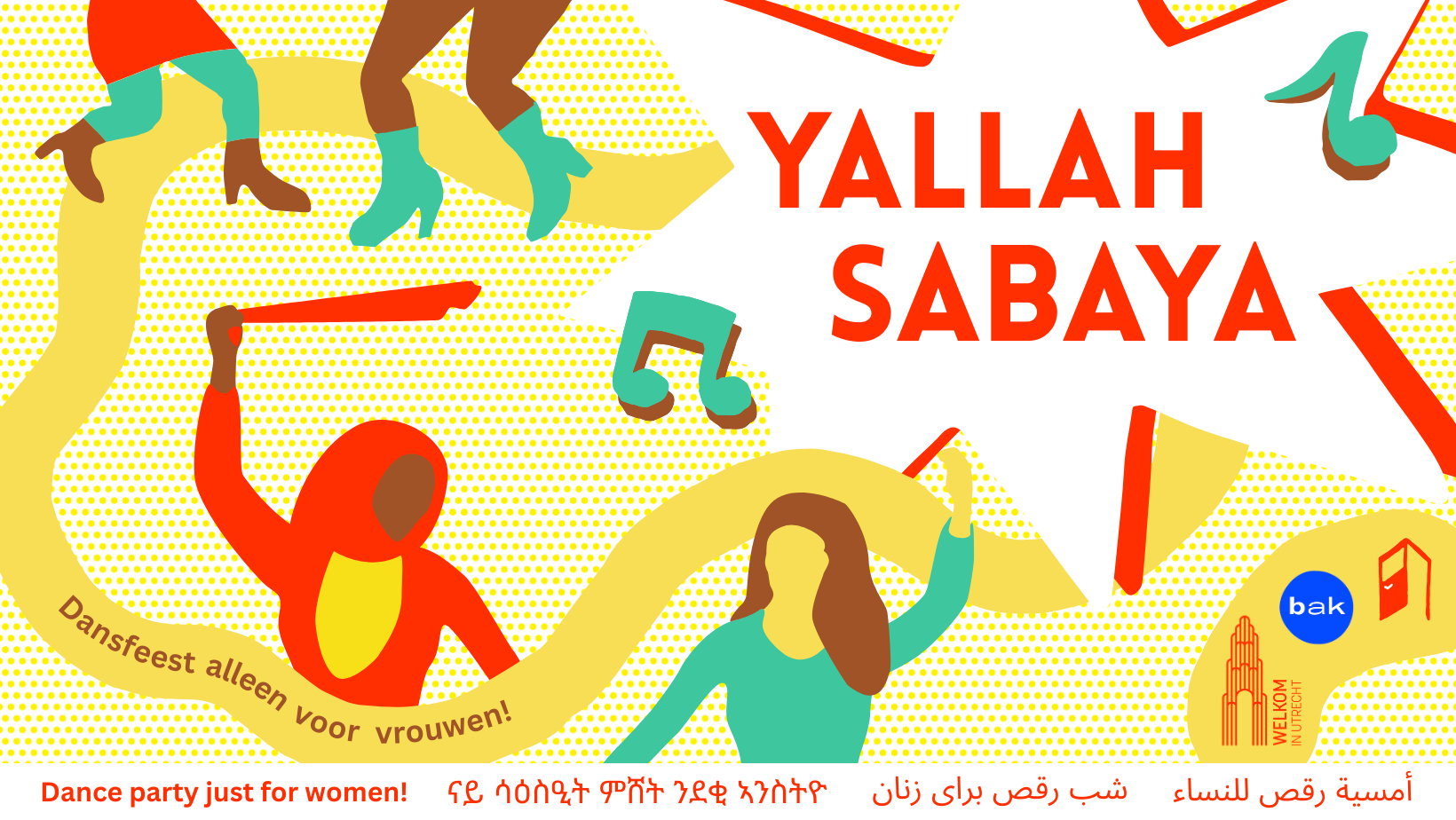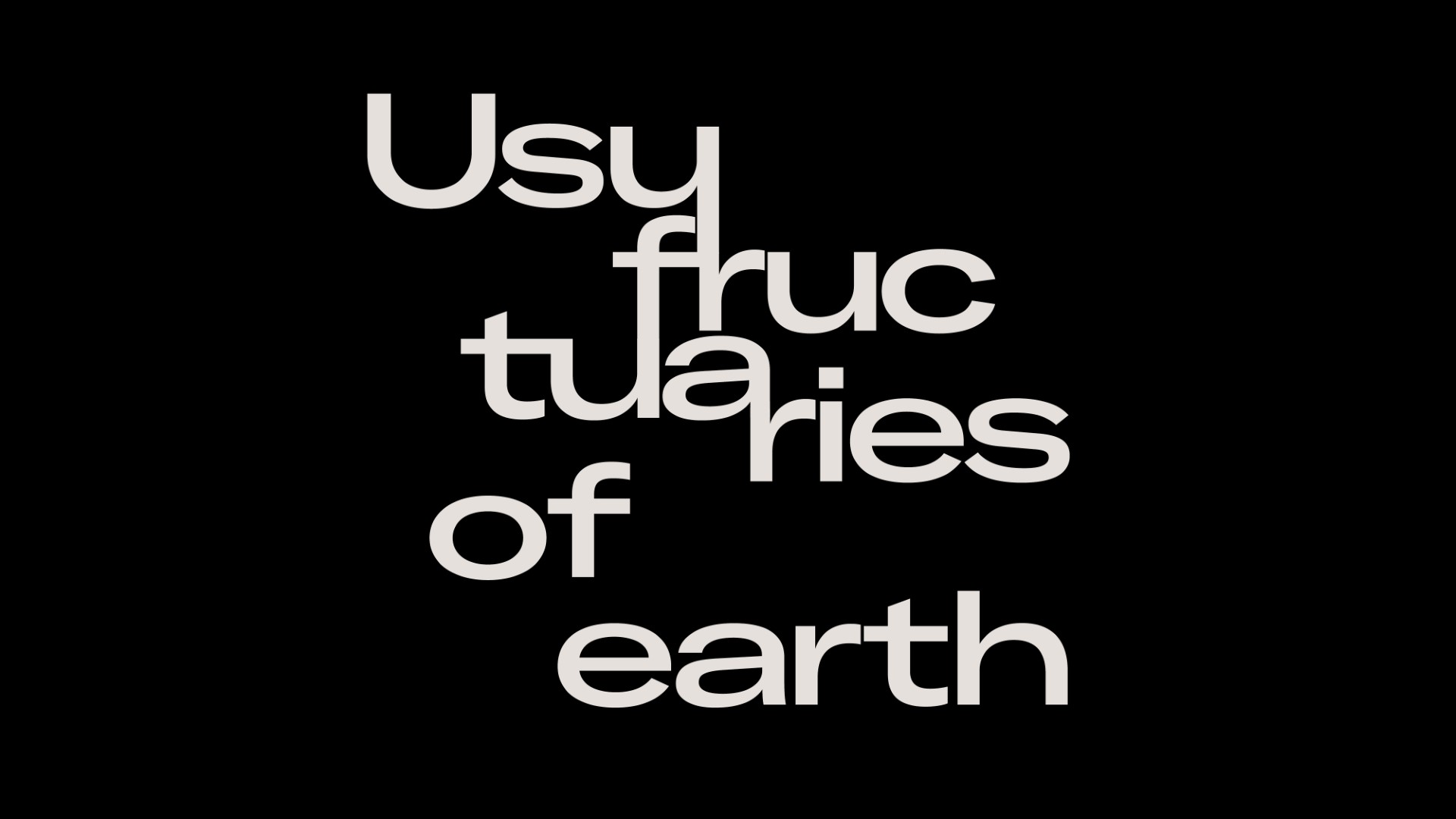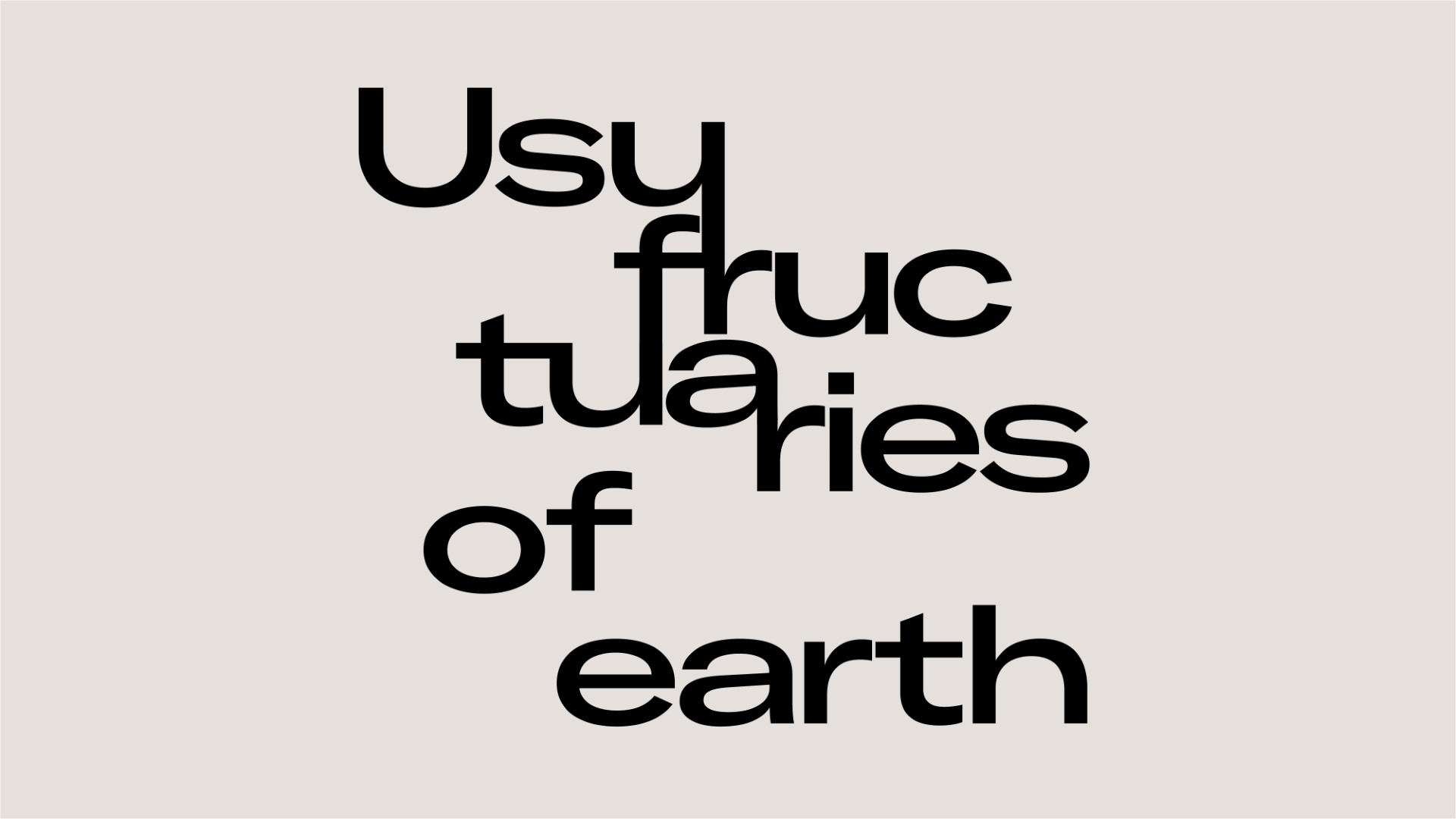Why Dissent is Impossible in Holland
A Russian anarchist, having moved to the Netherlands in the 1990s, initially saw the country as a haven of freedom. Yet he soon thought otherwise, experiencing as he did that his efforts at non-conformity were channelled in such a way as to take all radicality out of them. This example is illustrative of a wider point: though in some respects tolerant of deviant behavior, the Dutch do not have a word for “dissent,” and have few traditions of sustained opposition to state and society. In his keynote address, James Kennedy uncovers the historical reasons for this and looks in particular at what citizenship has—and has not—meant over the years. The relative absence of dissent in Dutch public life, in particular in respect to immigration and religious expression, is discussed in the context of Kennedy’s understanding of the notion of “active citizenship.” According to Kennedy, from the beginning of the 1960s till the mid-1980s, the Netherlands enjoyed the status of a gidsland—a leading nation, exemplary in terms of how its public life was based upon an activist model of citizenship. Yet, having lost its status, today the country struggles to come to terms with how to define a “good citizen” (the worrying prevalence of the refrain “Can Muslims be good, democratic citizens?” is but one example ) or even how and where to actually carry on the public debate about living together. Regarding the need for a “site” for public debate on these issues and for dissent from the prevailing consensus, can art or science provide society with such space?



